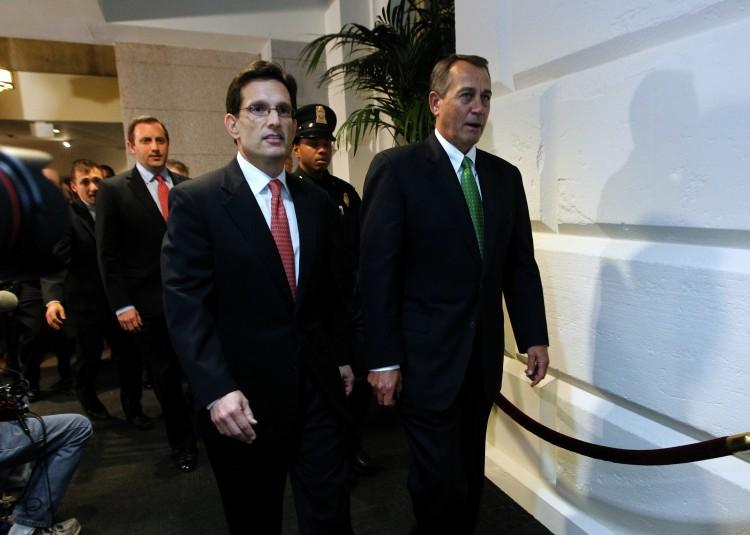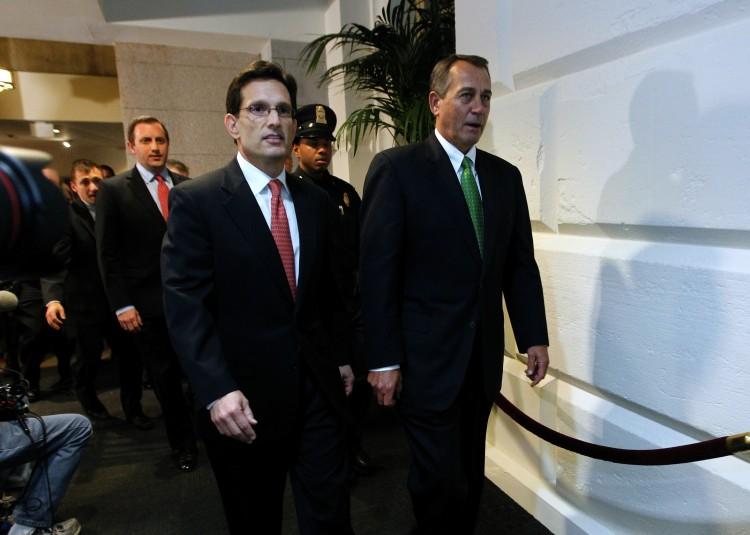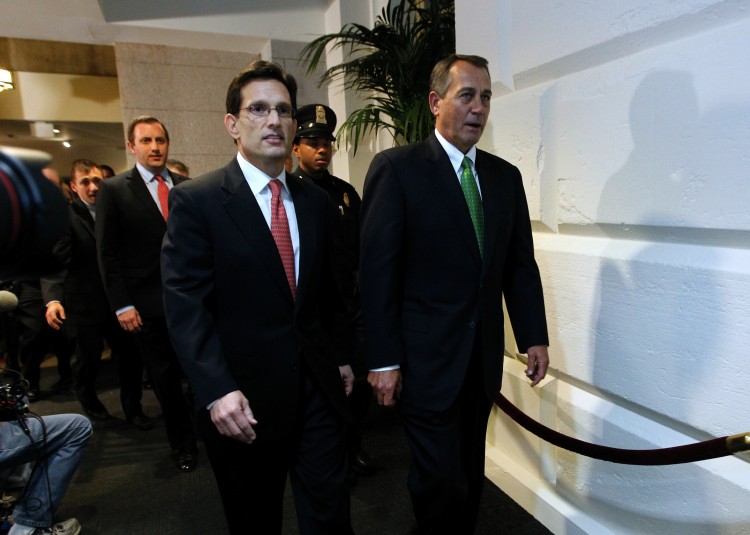WASHINGTON—It was beyond the 11th hour when Congress finally reached an agreement on a plan to address the fiscal cliff Tuesday, Jan. 1.
But agree they did, with enough House Republicans approving the Senate proposal for the bill to pass. While it is positive that one hurdle has been crossed, there are plenty more to come, and the wrangling over the debt ceiling, spending cuts, and sequestration, which has now effectively been delayed for two months, is likely to continue.
“The good news is that the Congress acted and prevented what might have been a pretty hard hit on the economy,” said Carol Weissert, Ph.D., professor of political science at Florida State University. “The bad news is that more hard decisions still remain if the Congress is to deal with the still-rising deficit.”
“Spending cuts and entitlements are on the table and will not be easy,” she wrote in an email.
The fiscal cliff, a term coined to sum up the expiring Bush-era tax cuts and the enactment of sequestration, automatic cuts in military and non-discretionary spending, has been mostly curtailed by the agreement.
The plan will see the tax cuts remain permanently for the middle class and for individuals earning under $400,000, plus couples earning under $450,000. Tax rates for those earning above those figures will rise from 35 percent to the former 39.6 percent, marking the first time in around 20 years that federal income tax rates have gone up for any Americans.
The decision on sequestration, however, has been postponed for two months, till March 1.
Tax Revenue
President Obama had originally wanted the cut-off figure to be at $250,000, but while that was not realized in terms of tax rates, it was through itemized deductions. Expenses reported to reduce taxable income will now be capped for individuals earning at least $250,000 and for married couples earning at least $300,000.
Revenue raised as a result of the restored tax rate and the deductions cap is expected to be around $700 billion dollars over 10 years, according to a White House fact sheet.
President Obama, who flew back to his family in Hawaii Tuesday night, reviewed the legislation from there, and it was signed by autopen Jan 2 according to the White House.
Obama described the agreement in a New Year’s Day statement as a step “to strengthen our economy and broaden opportunity for everybody.”
“Under this law, more than 98 percent of Americans and 97 percent of small businesses will not see their income taxes go up,” he said.






